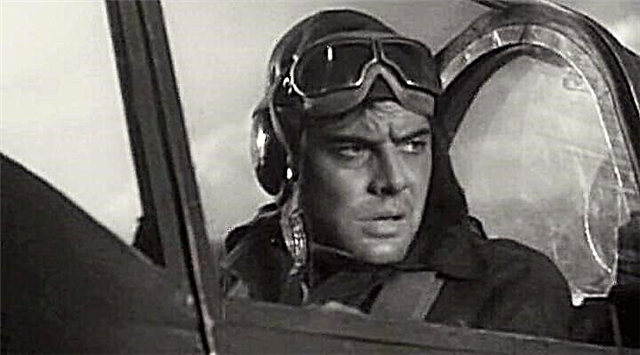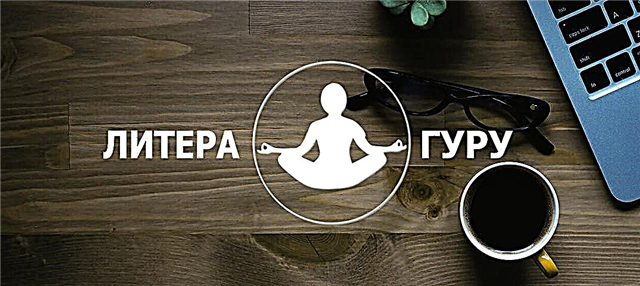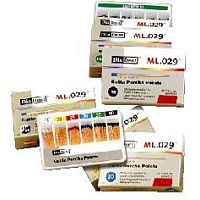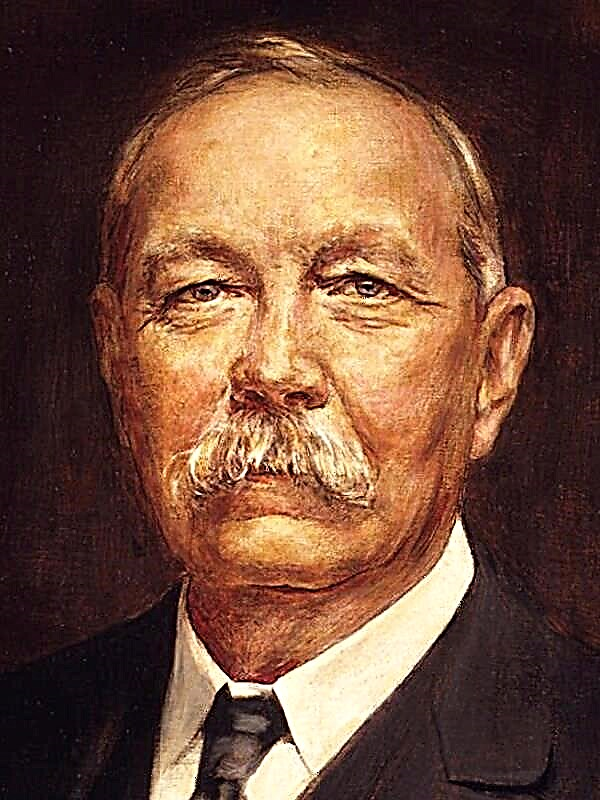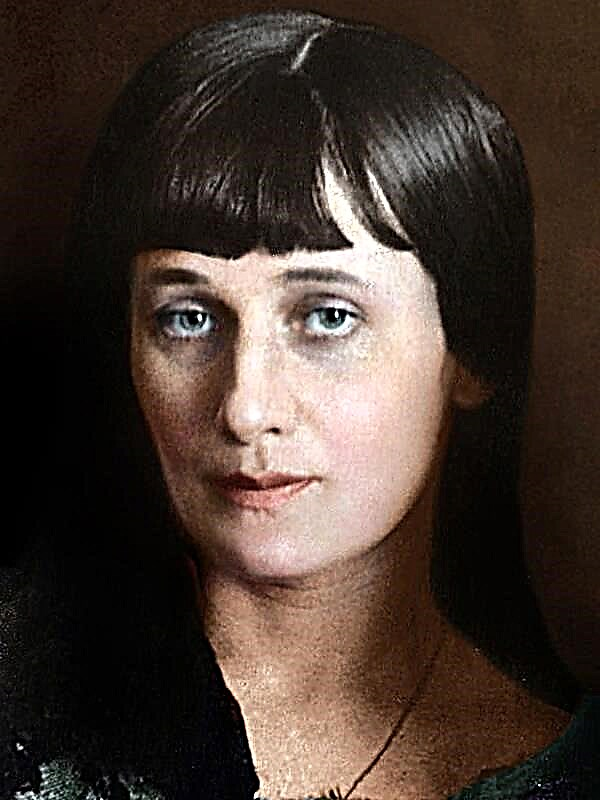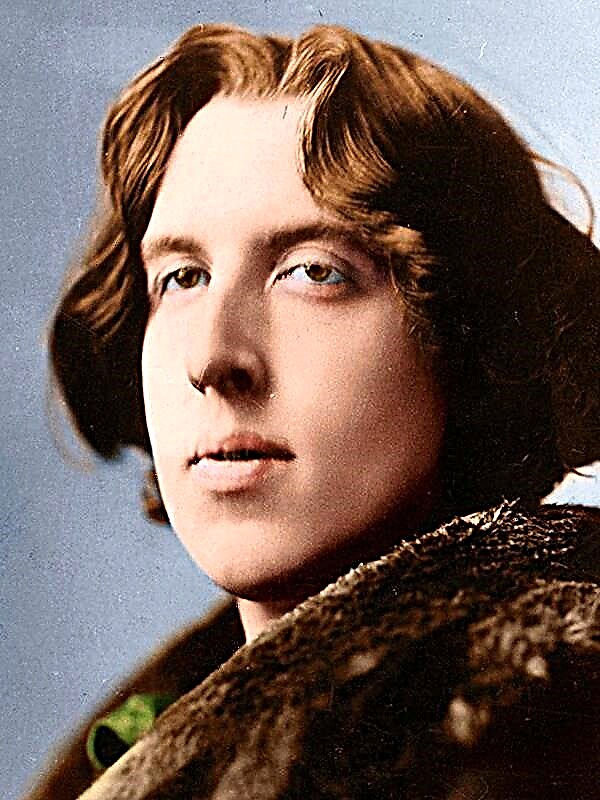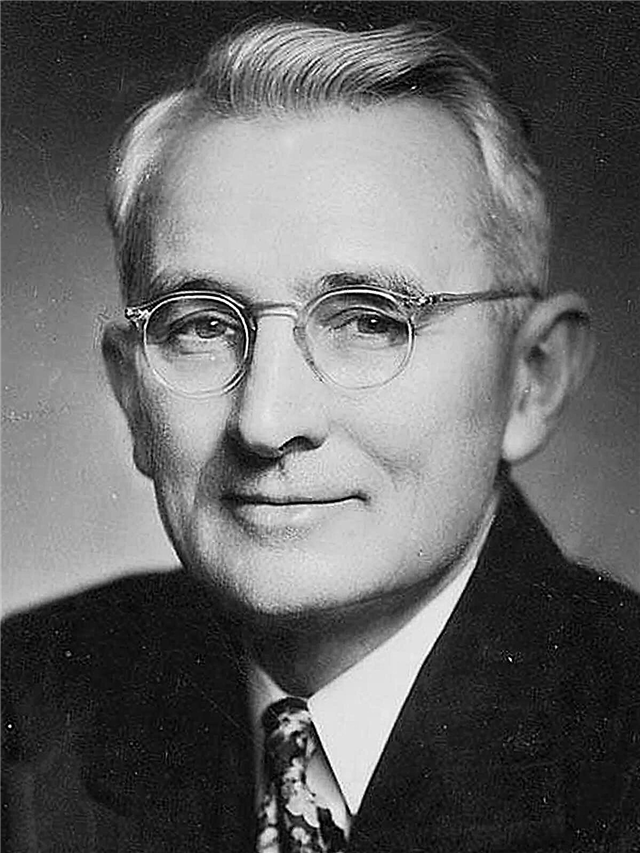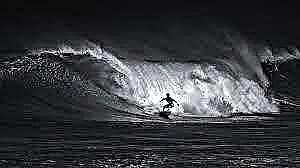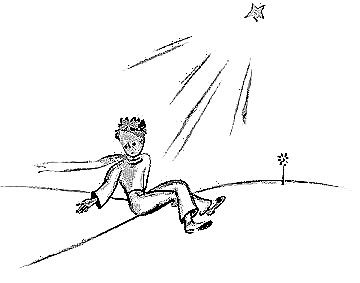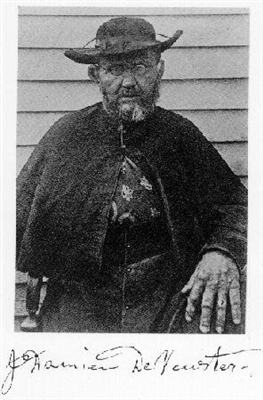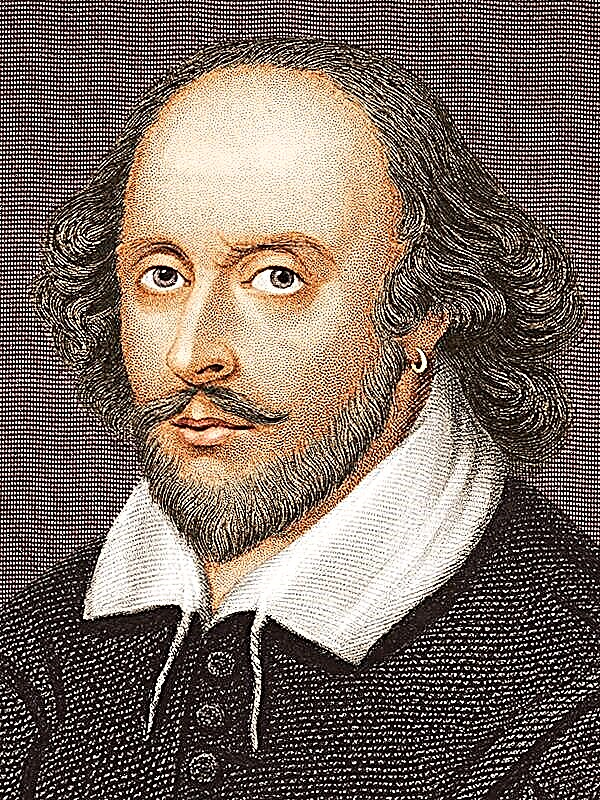“You can call me Jonah” - such a phrase opens the novel. The hero-narrator believes that this name is much more suitable for him than that given at birth, because he "always brings it somewhere."
One day he planned to write a book, “The Day the World Ends.” In it, he was going to talk about what famous Americans did when the first atomic bomb was dropped on Hiroshima. Then, according to the hero, he was still a Christian, but then became a bokonist, and now he continually quotes the teachings of this great sage and philosopher, abundantly equipping the narrative with Bokonon terminology.
Boconon teaches that all of humanity is divided into carasses, that is, into groups that do not know what they are doing, fulfilling the will of God, and carasses should be distinguished from granfallons, false associations, which, among other things, include the Communist Party.
Work on a book about the end of the world, of necessity, leads the narrator to Karas, headed by the great scientist Felix Honniker, Nobel Prize winner and father of the atomic bomb, who lives and works in the fictional city of Ilium, which appears in many books of Vonnegut.
When someone said on the tests of the atomic bomb: “Now science has known sin,” Honnicker asked in surprise: “What is sin?” The great scientist did not know what love, compassion, and moral doubts are. The human element was of little interest to the genius of technical thought. “Sometimes I think if he was born dead,” says one of those who knew him pretty closely. “I have never met a person who was not so interested in life.” Sometimes it seems to me: this is our trouble — too many people occupy high places, and the corpses themselves are corpses. ”
According to the memoirs of the youngest son of Honniker Newt, the father never played with children and only once weaved a “cradle for a cat” from a rope, which frightened the child terribly. But he enthusiastically solved the puzzles that nature presented. Once an infantry general complained about the dirt in which people and equipment were stuck. Honnicker's riddle seemed worthy of attention, and in the end he came up with ice nine, a few grains of which are able to freeze all life for many miles around. The scientist managed to get an icicle, which he put in a bottle, put it in his pocket and went to his country house to meet Christmas with children. On Christmas Eve, he spoke about his invention and passed away that very evening. Children - Angela, Frank and midget Newt - shared an icicle among themselves.
Upon learning that Frank is currently the Minister of Science and Progress of the “Banana Republic” of San Lorenzo, ruled by dictator Papa Monzano, the narrative hero goes there, at the same time pledging to write an essay for the American magazine on this island in the Caribbean.
On the plane, he meets with Angela and Newt, who fly to visit his brother. To pass the time, the hero reads a book about San Lorenzo and learns about the existence of Boconon.
Once, a certain L. B. Johnson and the fugitive Corporal McCabe by chance turned out to be off the coast of San Lorenzo and decided to seize him. Nobody prevented them from carrying out their plans - first of all, because the island was considered completely useless and people couldn’t imagine a worse life. . Local residents could not correctly pronounce the name Johnson, they always got Boconon, and therefore he himself began to call himself that.
On the island, the hero meets a number of colorful characters. This is Dr. Julian Castle, about whom, in fact, he ordered a essay. The sugar millionaire millionaire, having lived the first forty years of his life in drunkenness and debauchery, Castle then decided, following Schweitzer’s example, to establish a free hospital in the jungle and “devote his entire life to sufferers of a different race.”
Papa Monzano’s personal doctor, Dr. Schlichter von Koenigswald, is dedicatedly working in the Castle Hospital in his spare time. Prior to that, he had served in the SS units for fourteen years and six in Auschwitz. Now he is saving the life of the poor with might and main, and, according to Castle, “if he continues at this pace, the number of people he saved will be equal to the number of those killed by about three thousand and ten.”
On the island, the hero learns about the further exploits of Bokonon. It turns out that he and McCabe tried to arrange a utopia on the island and, having failed, decided to share responsibilities. McCabe assumed the role of tyrant and oppressor, and Boconon disappeared into the jungle, creating an aura of saint and a fighter for the happiness of ordinary people. He became the father of the new religion of bocononism, the meaning of which was to give people a comforting lie, and he himself banned his teaching in order to increase interest in him. From year to year raids were organized at Bokonon, but it was not possible to catch him - it was not in the interests of the tyrant in the palace, and such persecutions were heartily amused by the persecuted. However, as it turned out, all the inhabitants of the island of San Lorenzo are baconists, including the dictator Papa Monzano.
Frank Honnicker invites the narrator to become the future president of San Lorenzo, as the days of the Pope are numbered and he is dying of cancer. Since he is promised not only the presidency, but also the hand of the charming Mona, the hero agrees. It is assumed that this will be publicly announced during the holiday in honor of the "One Hundred Martyrs for Democracy," when planes will bombard images of famous tyrants floating in coastal waters.
But during the next attack of pain, Papa takes a painkiller and dies instantly. It turns out that he took the ice nine. In addition, another sad truth emerges. Each of the descendants of Dr. Honniker favorably lost his part of his father’s legacy: the midget Newt gave him the Soviet ballerina who liked him, who received the Center’s task to get the treasure at all costs, ugly Angela bought the “icicle” for her husband, and Frank became nine thanks to ice-nine Papa Monzano's right hand. West, East and the third world are the owners of a terrible invention, from which the whole world can perish.
However, the disaster is not long in coming. One of the planes crashes and crashes into the castle of Pope Monzano. A terrible explosion follows, and ice nine begins to show its monstrous properties. Everything around freezes. The sun turned into a tiny ball. Tornadoes swirl in the sky.
In the shelter, the hero studies the collected works of Boconon, trying to find solace in them. He does not heed the warning on the very first page of the first volume: “Do not be a fool. Close this book now. It's all a solid foma. ” Boconon's Thomas means false. The fourteenth volume of works is little consolation. It consists of a single work, and in it one word - "no." So the author responded briefly to the question posed by him in the title: “Can a reasonable person, given the experience of past centuries, have even the slightest hope for a brighter future for humanity?”
On the last pages of the mysterious Bokonon is the heroes. He sits on a stone, barefoot, covered with a blanket, in one hand holds a sheet of paper, in the other a pencil. When asked what he was thinking, the sage and the hoaxer replied that the time had come to add the last sentence of the Books of Bacon. It is with this passage that the apocalyptic narrative ends: “If I were younger,” Boconon broadcasts, “I would write a story of human stupidity. I would climb Mount McCabe and lay on my back with this manuscript under my head. And I would take from the earth a blue-white poison that turns people into statues. And I would become a statue and lay on my back, terribly biting my teeth and showing a long nose you yourself know who! ”

